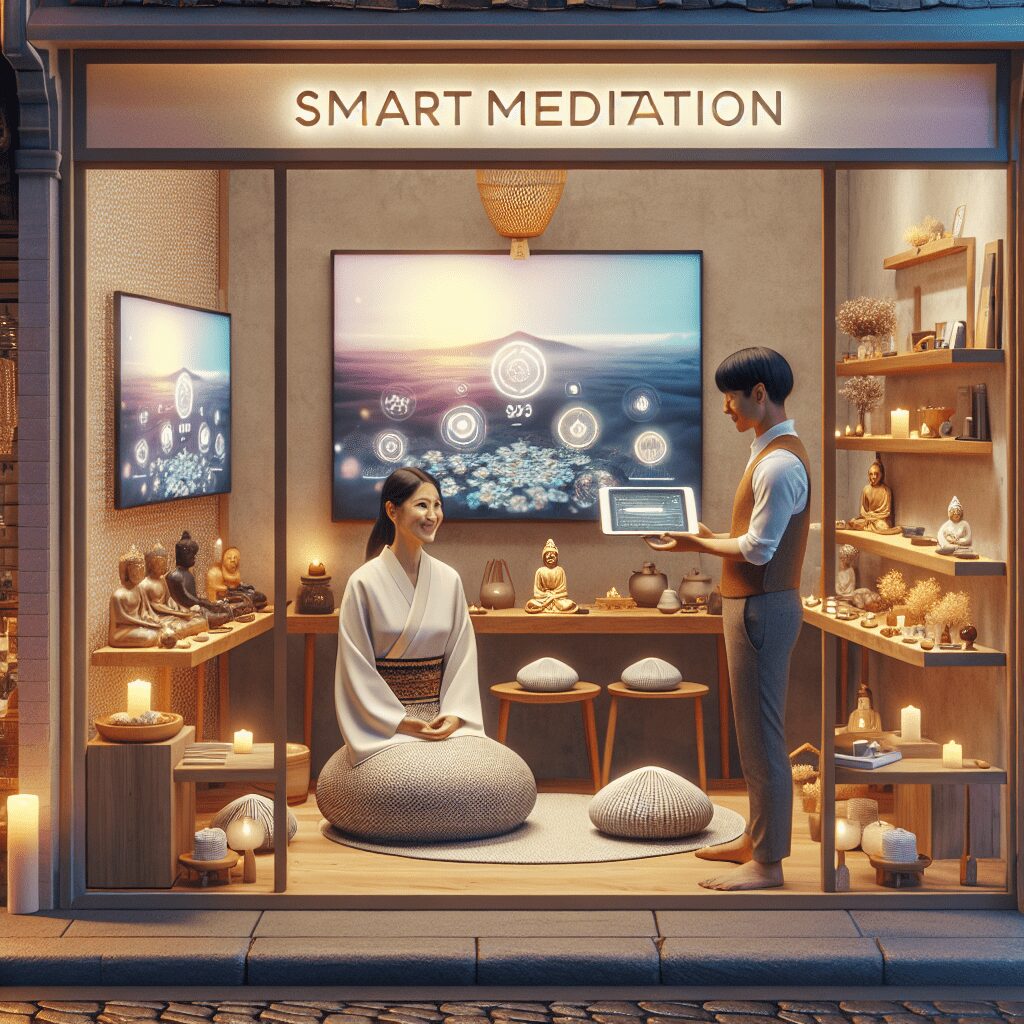
Prioritize your mental well-being daily. Enhance your life by nurturing your mental health with the Smart Meditation app. Break free from stress, alleviate anxiety, and enhance your sleep quality starting today.
Do Depressants Reduce Tension?
Unlocking the Puzzle: How Depressants Tame Tension
In the fast-paced whirlwind of modern life, it’s no surprise that many people find themselves tangled up in the sticky web of tension and stress. With the relentless pressure to keep up, many are turning to various remedies, seeking solace in the storm. Among these, depressants have emerged as a controversial yet popular choice. But how exactly do these substances work in reducing tension? Let’s dive deep and demystify the complex relationship between depressants and tension relief.
Unraveling the Mystery: How Depressants Function
Depressants, often referred to as “downers,” are substances that essentially hit the brakes on the nervous system. Unlike their name might suggest, we’re not talking about plunging into a state of sadness. Instead, these substances slow down brain activity, leading to a range of effects from mild relaxation to deep sleep. Common depressants include alcohol, benzodiazepines (like Valium and Xanax), and barbiturates.
But here’s the catch – not all depressants are created equal. They’re like keys, each fitting into specific locks (receptors) in the brain, triggering a cascade of effects. For instance, benzodiazepines work their magic by enhancing the effects of a neurotransmitter called GABA. Picture GABA as the brain’s own natural chill pill, dialing down excitement levels and putting a damper on anxiety and stress. Benzodiazepines turn up the volume on GABA’s effects, helping to put the brakes on overactive brain circuits buzzing with tension.
Navigating the Tightrope: Benefits and Risks
So, do depressants reduce tension? In a word, yes. By slowing down the nervous system, they can provide a temporary sanctuary from the relentless merry-go-round of stress. Users often report a calming blanket descending over their agitated minds, a welcome respite in a sea of chaos. Here are a few benefits of using depressants for stress and tension relief:
- Quick Relief: They can provide rapid relief from acute stress, helping individuals cope with overwhelming situations.
- Better Sleep: Many depressants can help insomniacs and those struggling with sleep disturbances find some much-needed shut-eye.
- Muscle Relaxation: Besides calming the mind, some depressants also relax muscles, providing relief from physical tension.
However, it’s a fine line to walk. The seductive lull of depressants can quickly turn into a perilous dependency if not managed carefully. Here lies the danger – what starts as a seemingly benign cover from stress can evolve into a thick fog of dependence and addiction. Tolerance builds, and the body begins to crave higher doses for the same relief, potentially leading to overdose. Plus, abruptly stopping after heavy use can trigger withdrawal symptoms, a harrowing experience that can include anxiety, tremors, and seizures.
Smart Navigation: A Balanced Approach
So, should depressants be the go-to solution for battling tension? Like navigating a winding road on a foggy night, it’s about proceeding with caution. Here are a few pointers for those considering depressants for stress relief:
- Consultation is Key: Always seek advice from a healthcare professional before starting any depressant regimen.
- Moderation Matters: If used, it should be in moderation and under strict guidance, to reduce the risk of dependency.
- Alternative Avenues: Explore non-pharmaceutical stress reduction strategies, such as exercise, meditation, and healthy lifestyle changes.
In summary, depressants can offer a temporary reprieve from the clutches of tension and stress, acting as a calming balm for overwrought nerves. However, they come with their baggage of risks and should be approached with informed caution. The quest for peace amidst the chaos of modern life continues, and while depressants can play a role, they’re but one piece in the vast jigsaw puzzle of mental health management. In the end, balance is not just something you find; it’s something you create.





